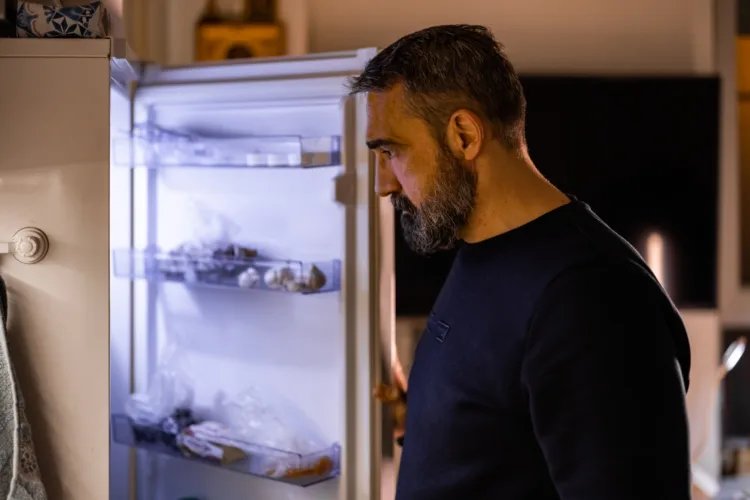
Struggling with body dysmorphia, especially during a season when bodies are conventionally more exposed, can feel alienating. While most people are launching into summer with excitement, those struggling with body image issues are feeling apprehensive about the approach of this new season.
Positive body image vs. negative body image
Someone who has a positive body image has a healthy, transparent and loving perception of their body. They see their appearance for what it is while embracing themselves no matter what societal pressures, unrealistic beauty standards or perceived flaws are lingering in their mind.
Having a positive body image isn’t about thinking you have a perfect body, but about practicing a balanced, compassionate and accurate perception of your body. This includes accepting, appreciating, respecting and loving your body through the ups and downs of health, weight fluctuations, skin changes and more.
Someone struggling with a negative body image, on the other hand, may have a distorted or highly critical perception of one’s body, which is often accompanied by feelings of shame, inadequacy and general unhappiness.
Holding a negative view of oneself can take a toll on both your mental and physical health. The longer this critical or self-loathing perception is maintained, the more the individual will struggle with low self-esteem and feelings of comparison and discontentment, and they will have a greater likelihood of engaging in unhealthy habits (such as disordered eating) and other destructive behaviors.
Those who experience chronic body image issues are at risk for developing a mental health disorder known as body dysmorphia.
What is body dysmorphia?
Body dysmorphic disorder (BDD), commonly referred to as body dysmorphia, is a mental health condition that’s characterized by a hyper-fixation of one’s perceived physical flaws or defects. These flaws can be specific features or attributes, entire body parts or one’s overall appearance; anything that the individual believes makes them abnormal or ugly.
To break down what influences body image, there are usually several factors that contribute to the development of a person’s view of their body and overall appearance. Hyper-criticism from parents or teachers, bullying from peers, negative social and environmental influences and poor mental health can all play a role in fostering a negative body image.
Individuals struggling with body dysmorphia typically feel shame or anxiety surrounding their physical appearance, frequently engage in negative self-talk or -criticism and seek out reassurance or validation from others.
When left untreated, body dysmorphia can continue to increase in severity and lead to disrupted daily functioning, social isolation and the development of additional mental health disorders.
How to overcome body dysmorphia
Everybody’s relationship with their bodies is a little bit different, just as the factors that lead to the development of their body dysmorphia will vary slightly. As such, certain treatments and strategies will be more effective or preferable than others. Having a professional support system to help you navigate treatment is essential for a successful, sustainable recovery.
Here are some of the most effective ways to manage body dysmorphia:
- Cognitive-behavioral therapy (primary treatment for body dysmorphia)
- Replacing moments of self-criticism with self-compassion
- Dramatically limiting mirror and weight scale use
- Unfollowing social media persons and pages that trigger comparisons
- Viewing and practicing exercise as self-care and not self-punishment
- Leaning into a loving and genuinely encouraging personal support system
- Medication in some cases (for alleviating obsessive-compulsive symptoms of BDD)
When left unaddressed, body dysmorphia can take a serious toll on the mental and physical health of the individual, sometimes resulting in the development of mood or eating disorders.
If you have been exhibiting signs of body dysmorphia, we encourage you to send us a message here at Seeds of Hope.
Begin healing today
Seeds of Hope is a premier eating disorder treatment center that has locations throughout southeastern Pennsylvania.
We work with both adults and teens to help them overcome a variety of eating disorders, including anorexia, bulimia, binge-eating disorder and more. Understanding that the recovery process will look different for each person, we provide fully individualized care to each client, ensuring that your treatment plan is designed to serve your unique needs.
You deserve to experience joy, freedom and zero guilt or fear when it comes to food. We know that taking the first step toward treatment can feel overwhelming, but we’re here to help, even if you aren’t ready to enroll in one of our programs yet.
Send us a message or give our team a call today to get started.


